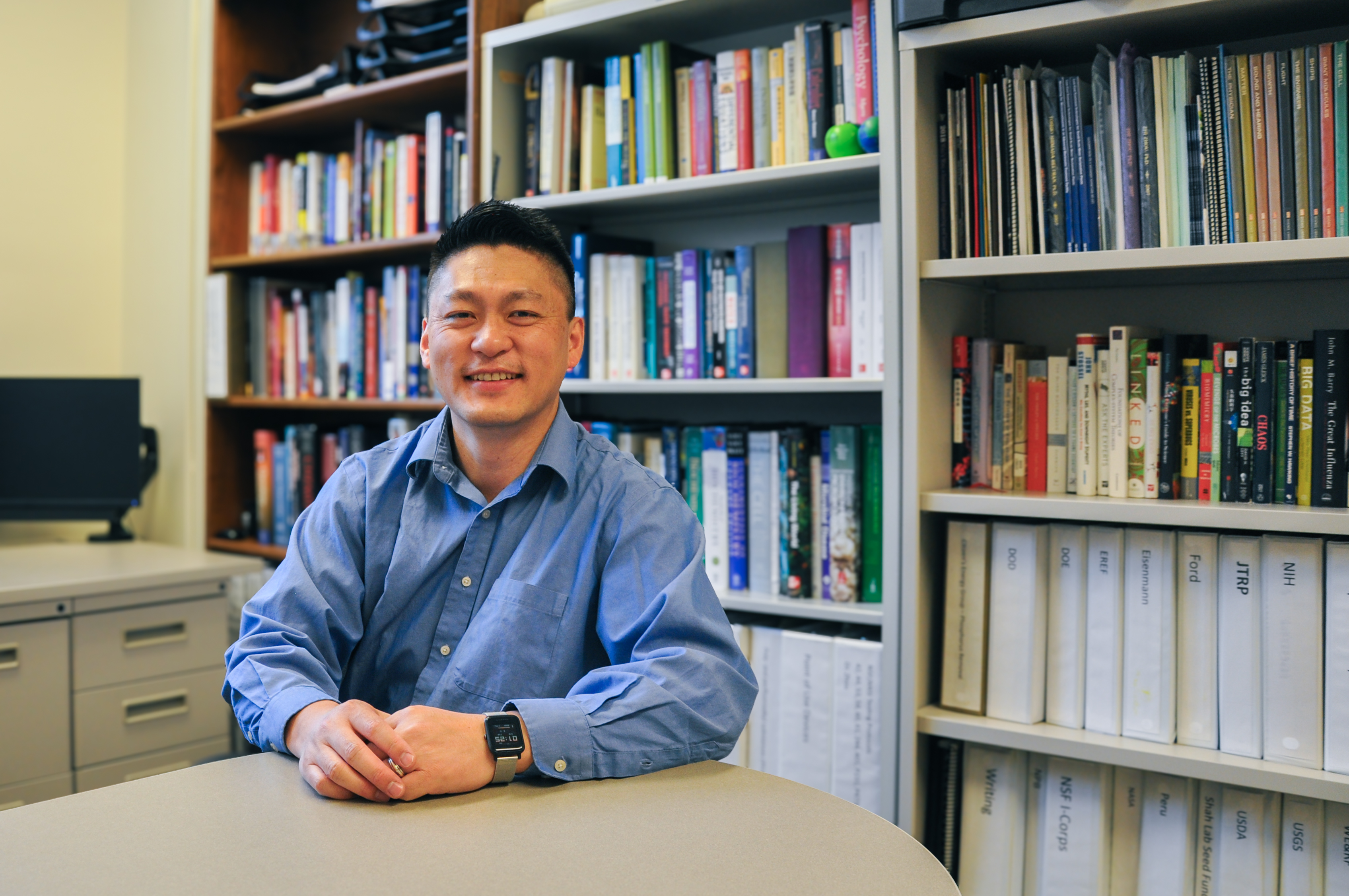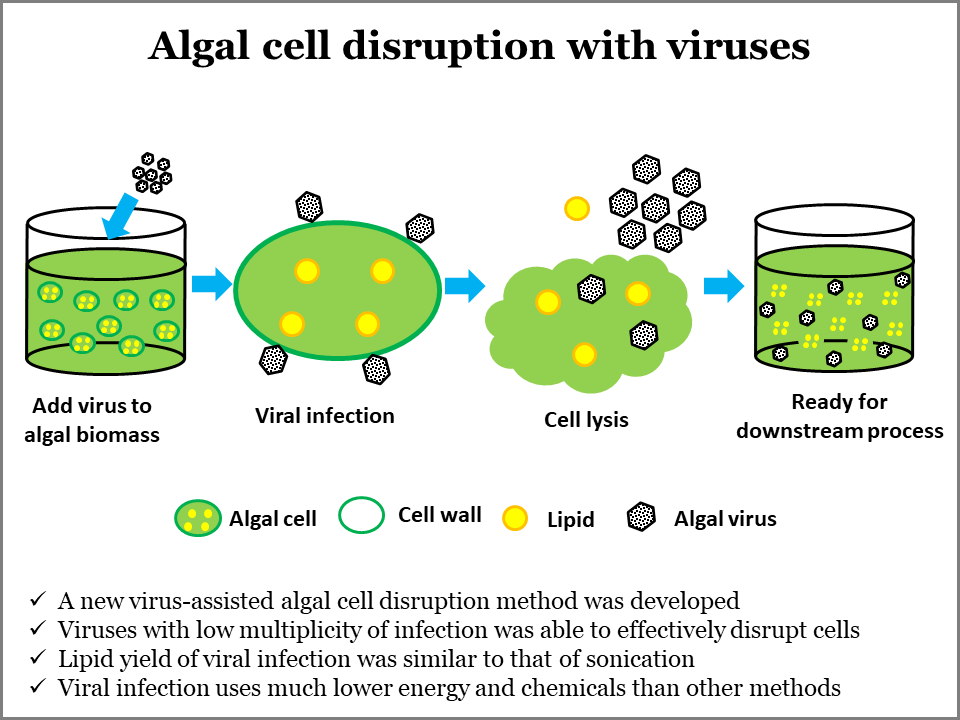George Zhou and his new patent bring civil engineering, environmental engineering, and biotechnology together, all in the name of sustainability

George Zhou isn’t a typical civil engineer, environmental engineer, or microbiologist; he’s all three. Since joining Purdue EEE and CE in 2014, Zhou has been recognized for his outstanding teaching, cutting-edge research, and impactful inventions. Zhou’s research currently focuses on applying biotechnologies in engineering systems for contexts such as wastewater systems, antibiotic resistance, and biofuel production.
When asked about the uncommon intersection of microbiology and engineering, Zhou responded, “The incorporation of microbiology provides a lot of possibilities. It not only allows us to understand or characterize engineering systems, but in many cases, we can learn from them and apply those insights.”
Recently, Zhou received a patent for a new technology derived directly from microbes and nature.
Researchers have recently discovered algae with the ability to biologically produce high amounts of oil that can be converted to useable biofuels, particularly biodiesel. However, current methods of extracting the produced oil through the algae’s cell walls require either chemicals or high amounts of energy, reducing the overall sustainability of the process. Rather than a physical or chemical approach to producing algal biofuel, Zhou and his team of graduate students tried a biological approach.
“We are using what we call “biomimicry” or “biomimetic” technology,” Zhou explains.
Originally investigating how to mitigate algal overgrowth in nature, Zhou and his team noticed the overgrowth would eventually disperse without intervention. They discovered that blooms were being broken down or ‘eaten’ by viruses in the water. The team “learned from nature” and applied this same concept in algal biofuel production.
The groundbreaking technology, “Virus-Assisted Algal Cell Disruption for Cost-Effective Biofuel Production,” uses viruses to help break down the cell structures of algae, allowing the release of lipids and creation of useable diesel fuel. Technical, economic, and life-cycle analyses on the current physical and chemical approaches compared to their technology outlined the potential of the new process.
“This technology compared to the standard industry approach, reduces energy consumption by up to 90%. We hope this technology can make biofuels economically feasible, leading to cheaper, affordable carbon neutral fuel and contributing greatly to the carbon neutral goals of the United States,” Zhou emphasizes.

Zhou has spent the last 10 years at EEE investigating and discovering new ways to make our environment and future environment better.
He says, “EEE is the perfect place for environmental sustainability research. There is a fascinating overlap here between conventional environmental engineering, or more of a solving each problem approach, and an industrial sustainability approach, where we look for ways to improve proactively. Our world requires both. At EEE, we are learning from each other and working together to improve the world for future generations.”
